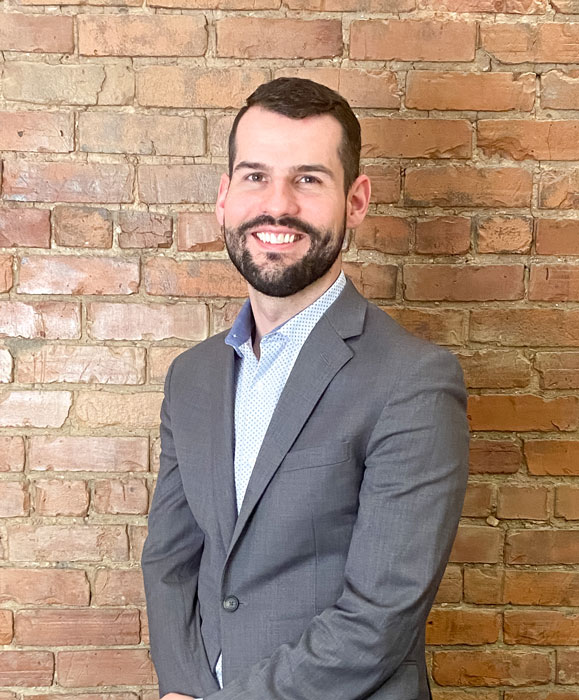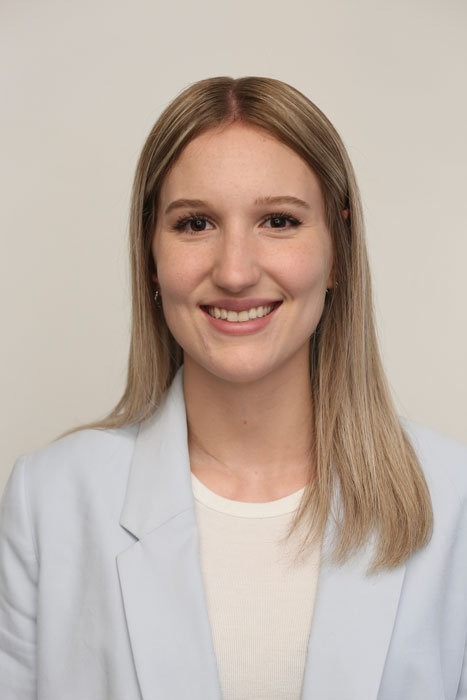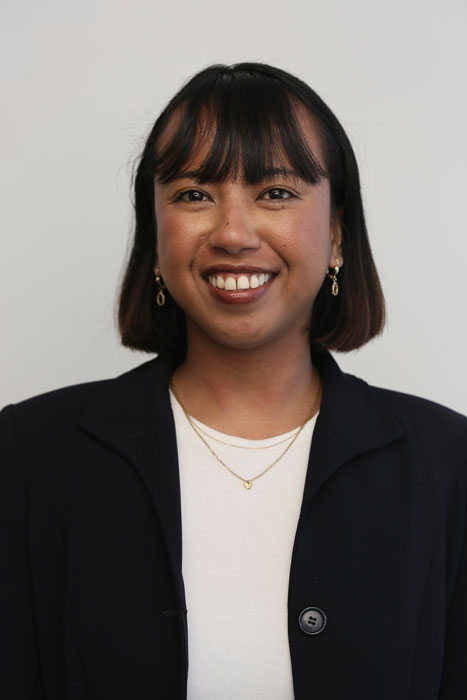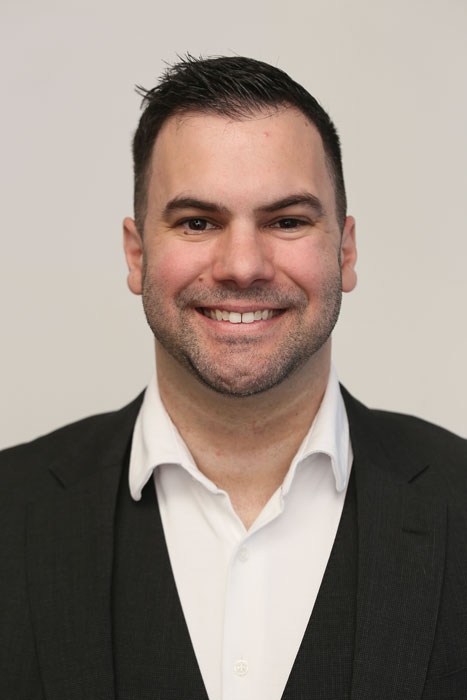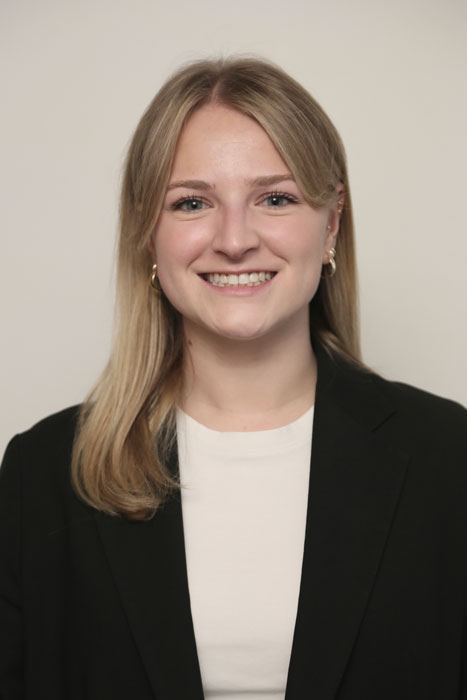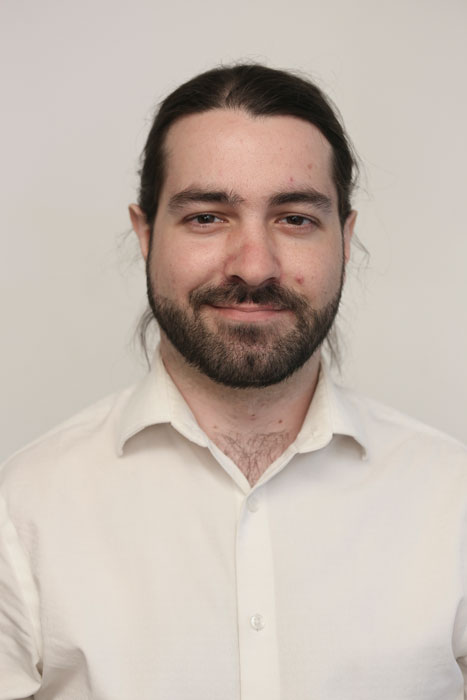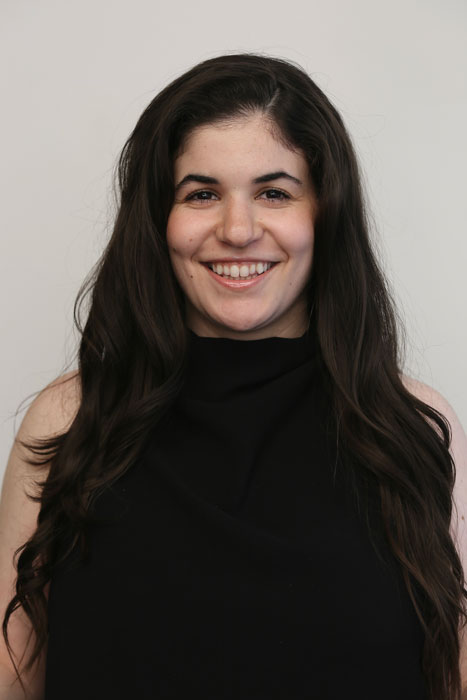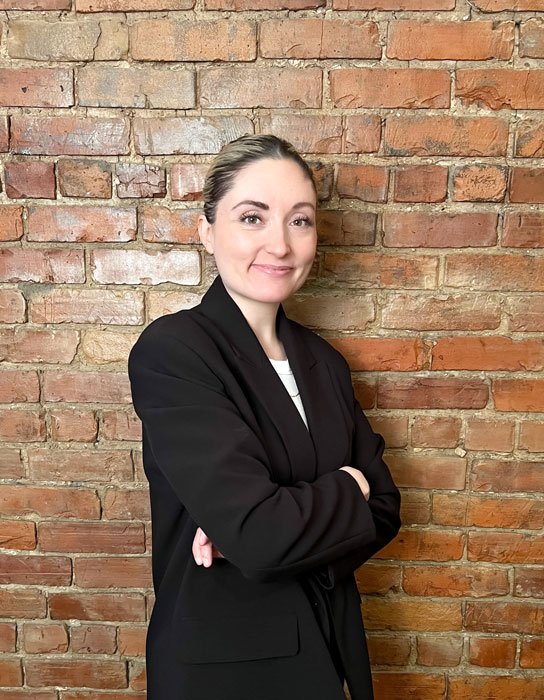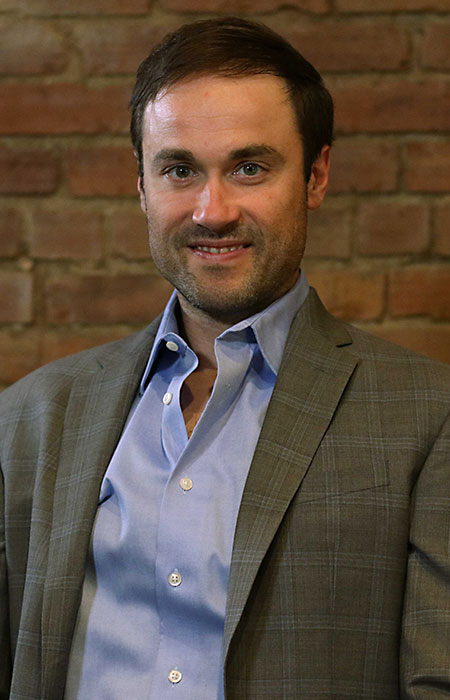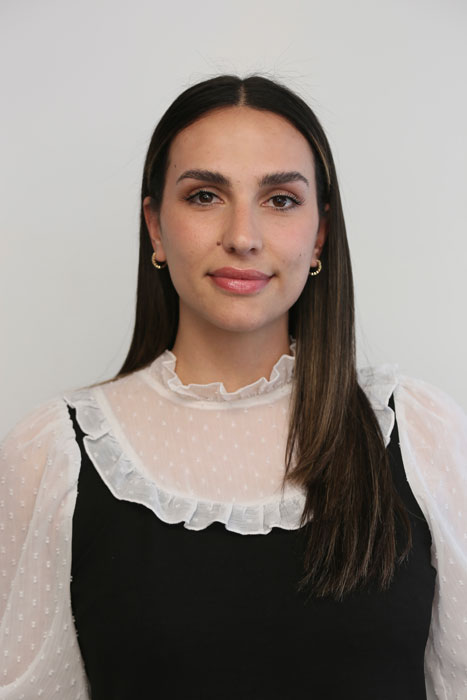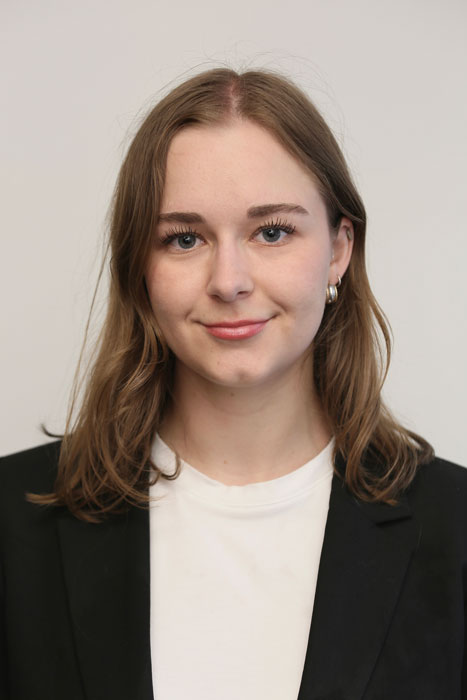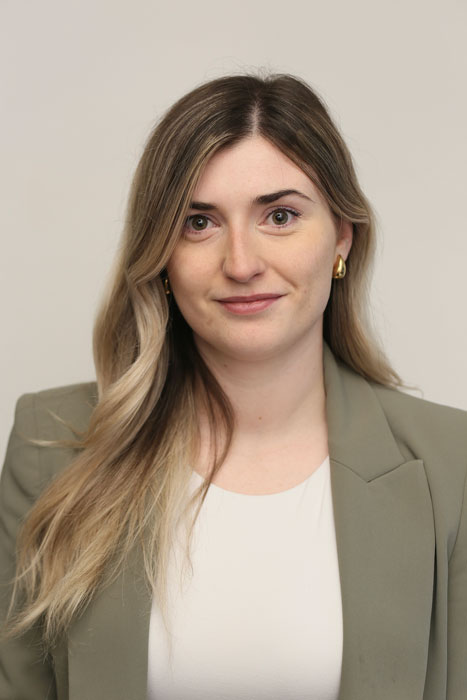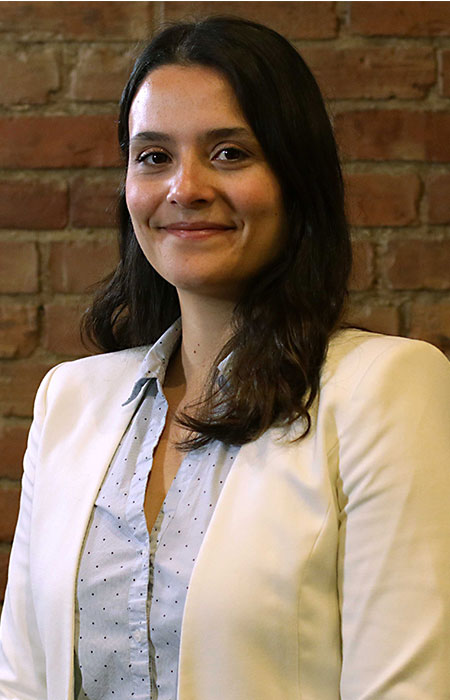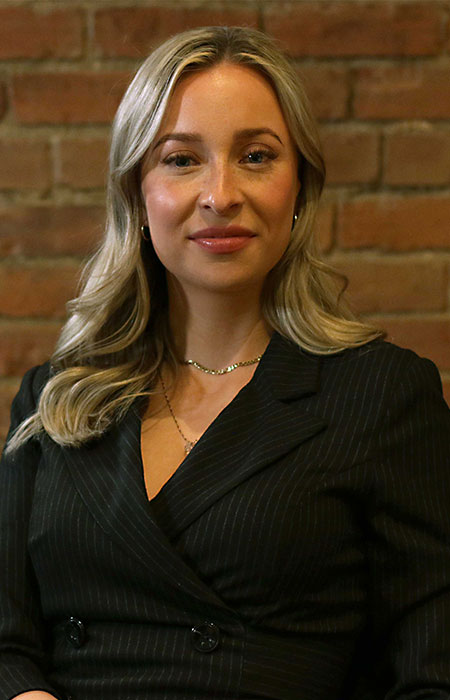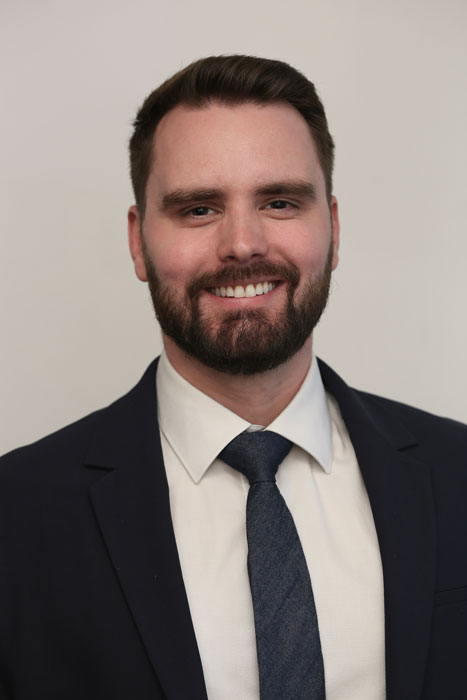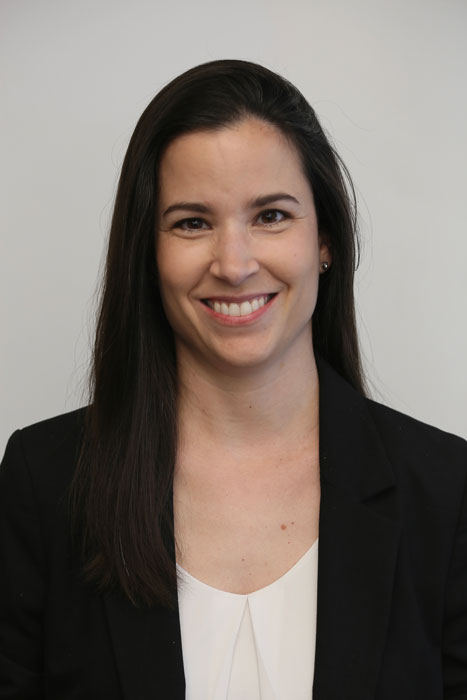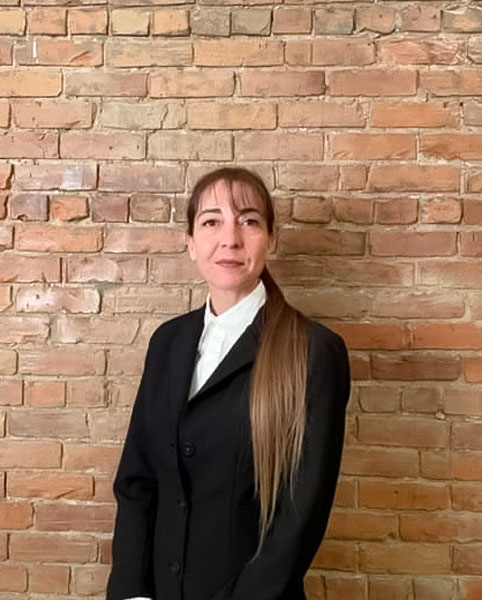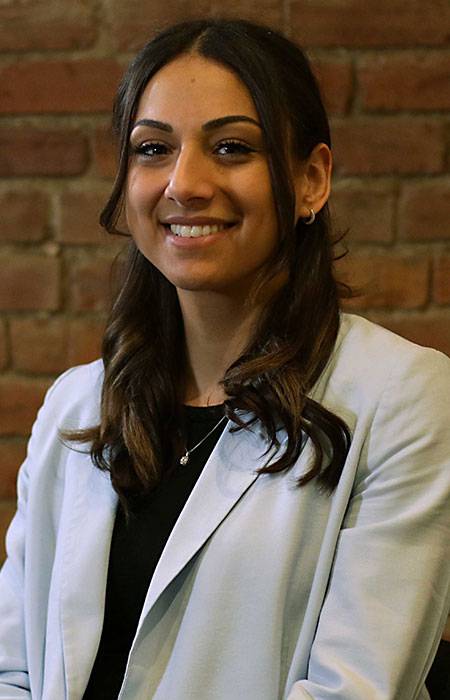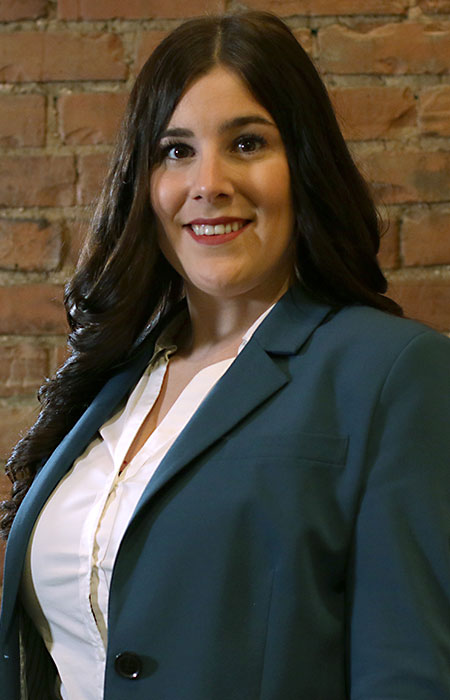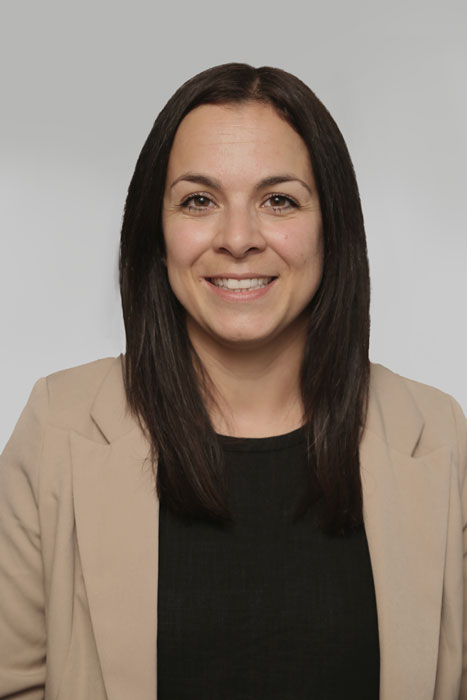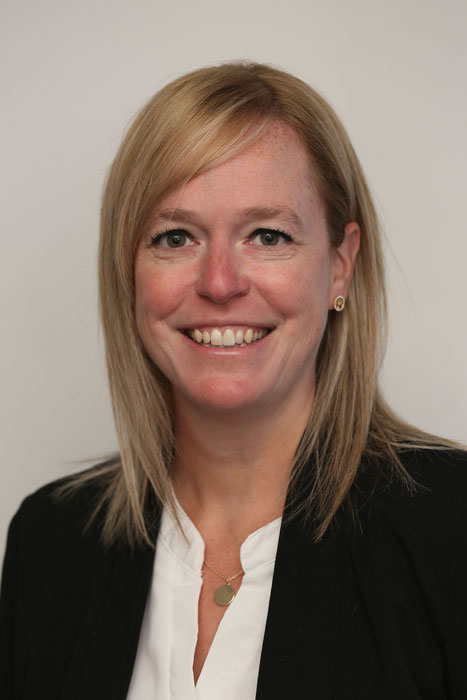The refutation of the adage "he who has defrauded will defraud" and the importance of rules of evidence in matters of propensity
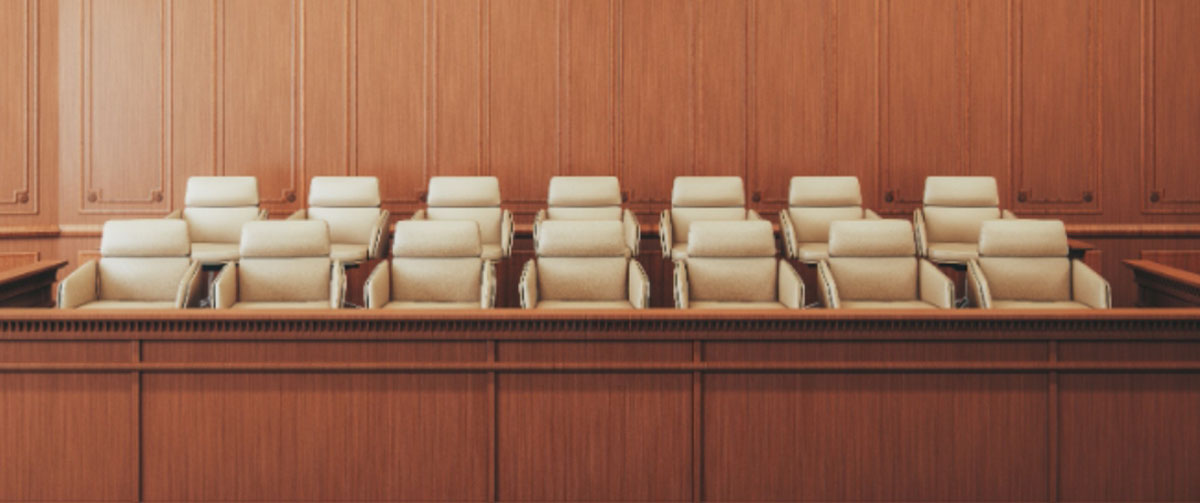
By Me Audrey Van Strydonck
Criminal lawyer at Riendeau Avocats
The belief that “he who has defrauded will defraud” persists widely in public opinion.1. This reasoning is based on an intrinsically human tendency to evaluate an individual’s actions according to his or her character.2and reputation. This natural inclination to extrapolate from others’ past behaviors in order to predict future ones is deeply rooted in our psyche, and proves invaluable in navigating everyday social interactions. However, while such thinking may seem perfectly harmless when it comes to simple discussions between neighbors or colleagues, it takes on an entirely different dimension when these same individuals find themselves having to make a decision as a member of a jury in a courtroom.3.
Thus, in the context of a criminal trial, where the presumption of innocence remains one of the fundamental pillars, the introduction into evidence of previous reprehensible conduct on the part of the accused is in principle prohibited, because of the risks directly associated with it.4. The consequences
The prejudicial effects of admitting such evidence generally outweigh the fact that it has little or no probative value.5of the case in question. These risks include the possibility of the trier of fact drawing inferences that the accused is a
This means that the “wrong” person is likely to be guilty of the offence with which he is charged, which could have a major influence on the verdict.6. This risk is further exacerbated in the context of acts associated with fraud, deceit or cheating, where the dishonesty and lack of integrity displayed by the accused are relevant in assessing his or her credibility.7. Also, there is a significant risk that the trier of fact, i.e. a judge sitting alone or, even more so, the jury, may confuse the previous facts with those of the current case, which could also bias its decision as to guilt.8. Once again, this risk is particularly acute in economic crime trials, which are generally characterized by their complexity and the sheer volume of evidence involved.
In this delicate balance between the presumption of innocence and the quest for justice, the notion of proof of propensity and, more specifically, the rules governing it take on crucial importance. These define the circumstances in which an individual’s past actions can be admitted as evidence in a criminal trial.
So what is proof of propensity? Propensity evidence” is evidence that the accused has committed an offence not covered by the charge he or she is facing, or that he or she has engaged in conduct that, in the opinion of the trier of fact, would be disapproved of by a reasonable person.9. Acts don’t have to be criminal10it can be dishonorable or unworthy conduct11prior to or subsequent to the facts on which the charges are based12.
The objective of propensity evidence is relatively simple: to establish, on the basis of elements extrinsic to the case, that the accused possesses a general disposition towards the crime, which allows us to conclude that he is more likely to have committed the offence charged.13.
Proof of propensity is therefore inadmissible in principle.14since its prejudicial effects generally far outweigh its probative value15i.e. its relevance to the offence. The aim is to prevent an unjustified verdict, based on an inference of guilt based on a general predisposition or propensity for crime attributed to the accused.16. In other words, “what is forbidden is reasoning based on propensity that rests solely on the accused’s general bad character, which emerges from this evidence of dishonorable conduct [nos italiques] “17. However, proof of propensity may exceptionally be admitted when this prohibited reasoning can be avoided.18.
In this regard, there are several recognized exceptions in Canadian criminal law to the principle of inadmissibility of propensity evidence19including, in particular, proof of similar facts20. Essentially, evidence of similar facts occurs when the actions of the accused and the circumstances of the offence of which he is now accused are sufficiently similar to allow an inference to be drawn that he is the probable perpetrator. In the words of the Supreme Court, this is a “highly individualized manner [of committing acts other than the offence, which amounts to] evidence that the accused left his calling card”.21. As a matter of principle, therefore, evidence of similar facts does not tend to establish that the accused is propitious to crime because of certain reprehensible actions, but rather to demonstrate a propensity for a given offence, which must be intimately linked to said actions.22.
In this sense, proof of similar facts remains proof of propensity, which can be said to be more targeted and therefore admissible insofar as its probative value, which is based on the improbability of coincidence, outweighs its prejudicial effect.23.
The Dinzey decision24provides an illuminating example of the legal ramifications of propensity and similar fact evidence. In this case, the charges laid against the accused, including fraud, trafficking in property obtained by crime, fraudulent use
of credit cards and identification documents, involved transactions with three businesses, relating to various vehicles and mechanical equipment25. These had been purchased using credit card numbers reported lost or stolen, then delivered and loaded onto containers bound for the Democratic Republic of Congo.26.
In this case, the defense challenged the identification evidence, which was based in particular on evidence of similar facts, both prior and subsequent to the facts of the case.27. First, the evidence of prior similar facts related to offenses for which Mr. Dinzey had pleaded guilty in 201328. The said offences were characterized by the fraudulent use of lost or stolen credit cards issued in the names of third parties, in order to carry out transactions and ship vehicles, vehicle parts and machinery to the Congo.29. This evidence was also supported by a number of elements, including the accused’s confession, the testimony of investigators and witnesses, and documents seized from the accused’s home. In this context, the prosecution argued that these elements helped to establish a specific modus operandi with regard to past and present economic offences.30. Such evidence therefore had a high probative value, militating in favour of its admissibility at trial, since it reinforced the identification of the accused as the perpetrator of the offences currently at issue.31.
Secondly, the evidence of subsequent similar facts concerned incidents that occurred in 2018, which presented a high degree of similarity with the offences in question.32fraudulent purchase of a truck engine under a false name, using a lost or stolen credit card, in a transaction carried out exclusively at a distance, after which the engine was sent to Africa by container.33. All of which occurred less than three years after the events at issue in this case.
In such circumstances, the Court settled the debate on the admissibility of these two pieces of propensity evidence, stating that the numerous similarities between the previous offences, the offences charged and the subsequent acts committed by Mr. Dinzey, as well as their very significant particularity, jointly established the objective improbability that they had been committed by two different people.34.
Proof of similar facts thus played a crucial role at trial, by “bringing [ant] considerable weight to the identification evidence.”35. The defense version that someone other than Mr. Dinzey
was dismissed on most counts, which ultimately led to a conviction on almost all counts.36.
Ultimately, the Dinzey case provides an eloquent illustration of the crucial importance of the rules of evidence in countering the adage “he who has defrauded will defraud” within our judicial system. This case convincingly demonstrates how the strict rules governing the admissibility of propensity evidence can be correctly applied.
As a defense lawyer, I firmly believe that rigorous compliance with these rules is essential to prevent biased judgments and ensure that judicial decisions are based on solid foundations rather than hasty generalizations. Careful examination of propensity evidence and the maintenance of strict admissibility criteria are essential to ensure the fairness and integrity of legal proceedings. So, in our collective quest for fair justice, the Dinzey case underlines the vital importance of these rules in ensuring that every individual is judged on the basis of tangible evidence and not unjustified presumptions. By remaining vigilant in the application of these rules, we strengthen public confidence in our justice system and safeguard the fundamental rights of all litigants.
1 R. c. Dinzey, 2019 QCCQ 4001, par. 28.
2 R. c. B. (Q.C.), [1990] 1 S.C.R. 717, p. 744.
3 A similar point was made by Binnie J. in R v. Handy, 2002 SCC 56, par. 39.
4Id., par. 37 à 40.
5 R v. Morris, [1983] 2 S.C.R. 190, 203; repeated in R v. Arp [1998] 3 S.C.R. 339, par. 39; R v. Handy, supra note 3,
by. 31, 36, 72; R v. Shearing, 2002 SCC 58, par. 33.
6 R. v. D. (L.E.), [1989] 2 S.C.R. 111, pp. 127 and 128.
7 R v. Trudel, [1994] R.J.Q. 678, par. 21; see also Gordon v. The United States, 383 F.2d 396 (1967).
8 R. c. D. (L.E.), supra note 6, pp. 127 and 128.
9 R v. J.W. (2022), 414 C.C.C. (3d) 235, 2022 ONCA 306, par. 15.
10 BÉLIVEAU-VAUCLAIR, Traité général de preuve et de procédure pénales 2023, 30th ed. Éditions Yvon Blais, par. 40.53.
11 R v. Handy, supra note 3, par. 53.
12 BÉLIVEAU-VAUCLAIR, Traité général de preuve et de procédures pénales 2018, 25th ed. Éditions Thémis, Éditions Yvon Blais, par. 649.
13 Trudel v. R., 2021 QCCA 1550, par. 40-47; Dejala v. R., 2021 QCCA 248, par. 137-138, application for leave to appeal to the Supreme Court.
14 R. c. Crawford[1995] 1 RCS 858, par. 27: “Exclusionary rules based on a principle of fairness to the accused prevent the prosecution from resorting to propensity evidence, unless it has put its character in issue. This requirement does not apply to the accused, who may present evidence or cross-examine on the propensity of a co-accused to commit the offence”.
15 CROSS, RUPERT, TAPPER & COLIN, Cross on Evidence, 6th edn (London: Butterworths, 1985), pp. 311.
16 R v. Shearing, supra note 5, par. 65.
17 R v. Handy, supra note 3, par. 68
18 R v. Arp, supra note 5, par. 41; R v. Handy, supra note 3, par. 31; R. c. B. (C.R.), supra note 2, p. 734-735.
19 For the main examples where case law has recognized exceptions to the principle of excluding propensity evidence, see R v. Charrette, 2024 QCCS 277, par. 33.
20 BÉLIVEAU-VAUCLAIR, Traité général de preuve et de procédure pénales 2023, supra note 10, par. 40.61.
21 R. c. B. (C.R.), supra note 2, p. 720.
22 R v. Charrette, supra note 19, par. 34, citing BÉLIVEAU-VAUCLAIR, Traité général de preuve et de procédure pénales 2023, par. 40.61.
23 R v. Trochym, 2007 SCC 6, par. 72; R. c. Shearing, supra note 5, par. 40; R v. Handy, supra note 3, par. 42, 47; R v. Arp,
supra note 5, par. 42; R v. B(C.R.), supra note 2, p. 735.
24 R. c. Dinzey, 2019 QCCQ 4001, decision on the admissibility of evidence of unworthy behaviour and similar facts,
hereinafter ” R. c. Dinzey, decision on admissibility “.
25 The eleventh count of receiving counterfeit goods involved possession of a counterfeit cheque.
26 R. c. Dinzey, 2020 QCCQ 1325, par. 2, hereinafter ” R. c. Dinzey, judgment .
27 Id. at para. 4.
28 R. c. Dinzey, decision on admissibility, par. 6, 25.
29 R. c. Dinzey, judgment, par. 20.
30 Id. at para. 22.
31 Id. at 130.
32 Id.
33 Id.
34 R. c. Dinzey, decision on admissibility, par. 90-92.
35 R. c. Dinzey, judgment, par. 144.
36 With regard to the trafficking in property obtained by crime in count ten, the generator had not been loaded on the same container as the tractor and RAV4. Thus, the evidence was deemed insufficient to conclude that the accused had trafficked the generator. As for the eleventh count, the prosecution did not prove beyond a reasonable doubt that the accused knew he was in possession of a counterfeit cheque, since it appeared to be a genuine one. Acquittal on these last two counts.

